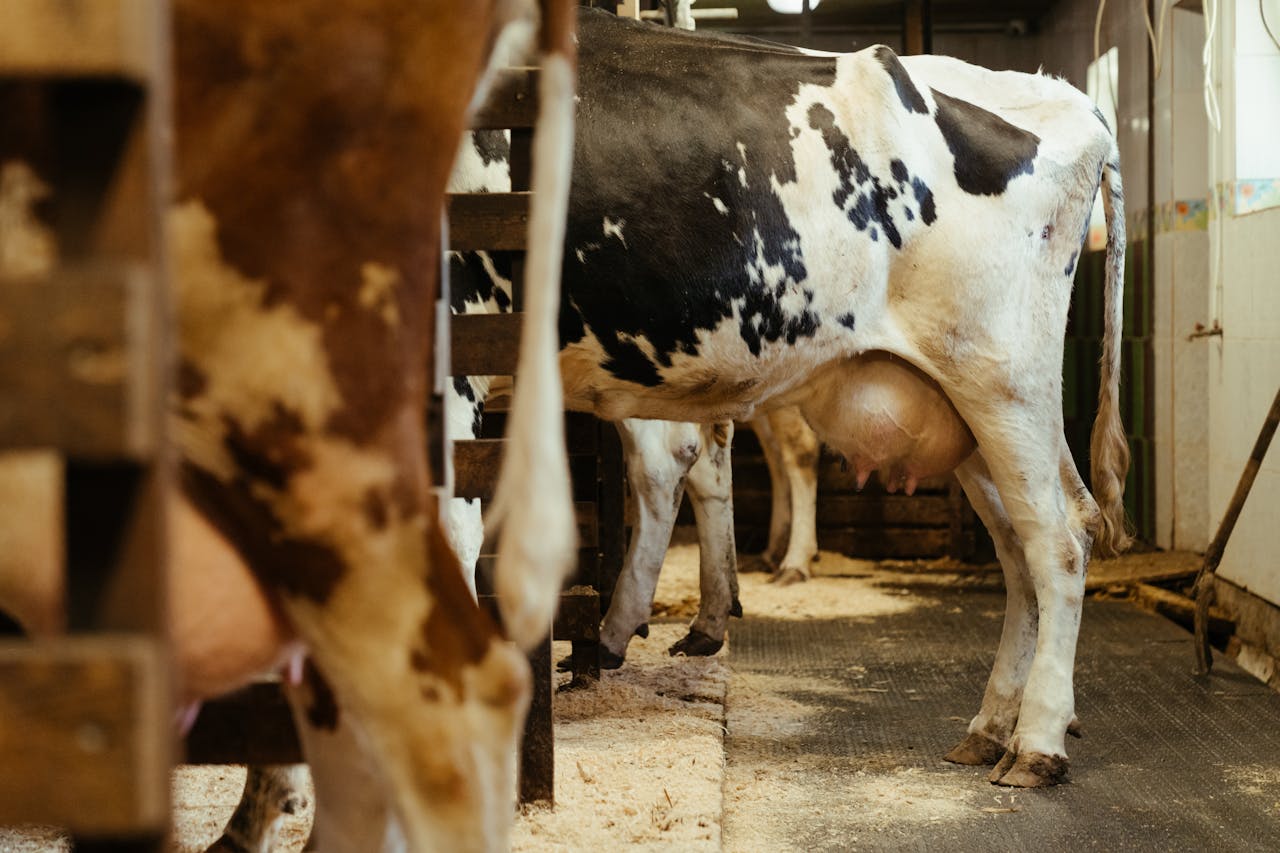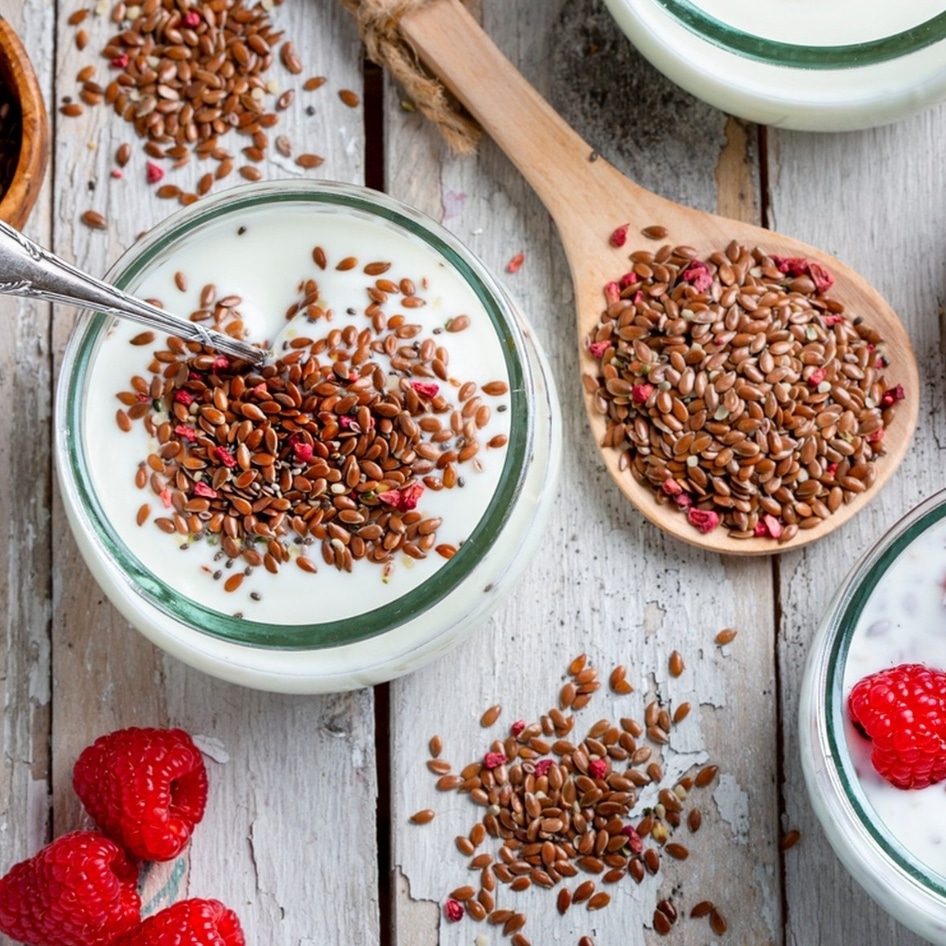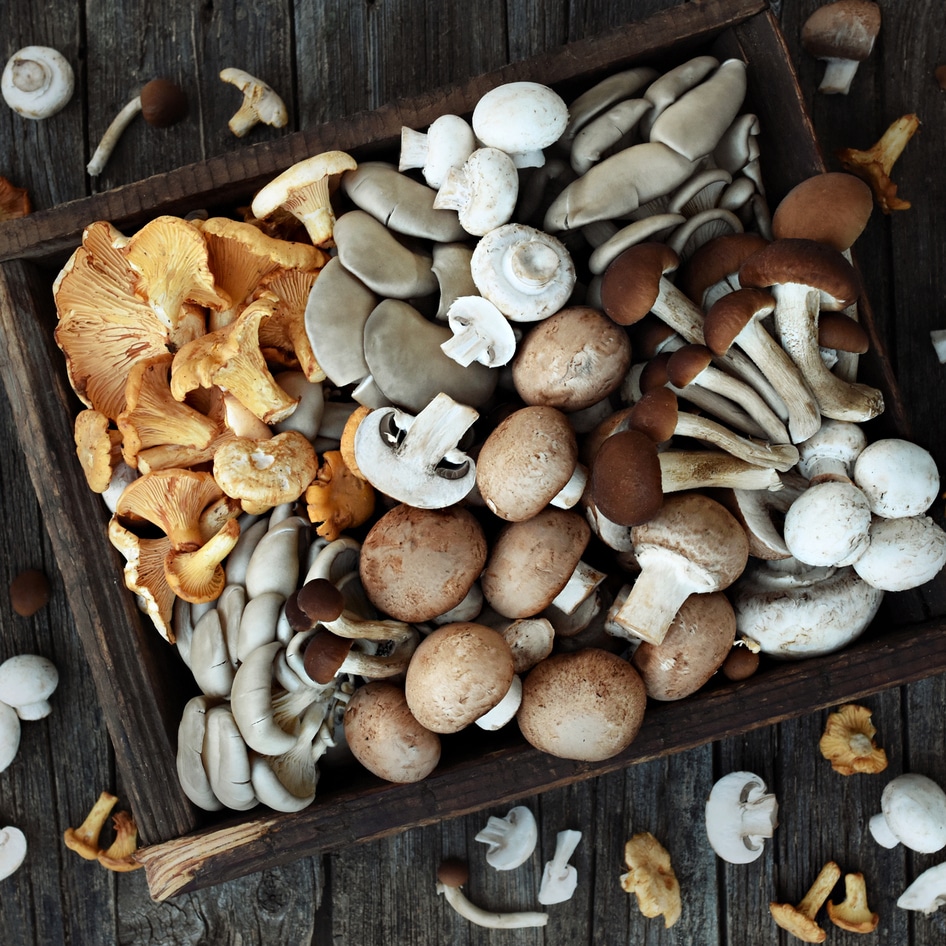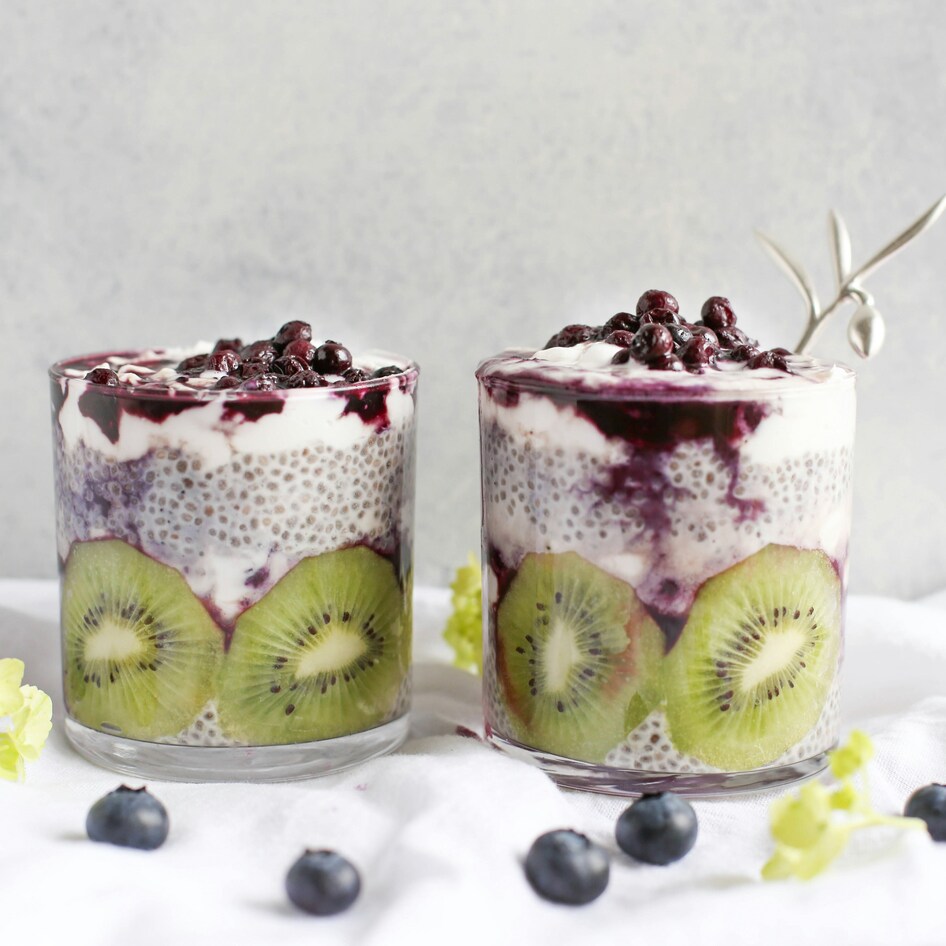According to some experts, lactoferrin is the “Swiss army knife of our defense system.” The functional milk protein plays a crucial role in infant development, but research suggests it can also support the immune system in adulthood, as well as improve brain health, iron absorption, and gut health. All of this has led some scientists to call lactoferrin a “miracle molecule.”
While our bodies naturally produce lactoferrin, when we’re run down, our levels tend to deplete. And unfortunately for much of Western society, being run down is a regular occurrence. Research suggests the average American spends roughly 1,460 hours a year feeling tired.
This is where lactoferrin supplements come in. The market for these supplements is booming, currently valued at over $770 million and expected to grow. However, most lactoferrin supplements are derived from cow’s milk, tying them closely to the dairy industry, which comes with some pretty major ethical and environmental concerns.
Enter: NanoFerrin, the animal-free answer to lactoferrin
Recognizing the need for a more sustainable alternative to lactoferrin, De Novo Foodlabs, a company founded in 2021 focused on animal-free “next-generation nutrition,” has developed NanoFerrin. This innovative product is an animal-free version of lactoferrin, created through precision fermentation technology. NanoFerrin is designed to function just like the milk-derived original, but without relying on the dairy industry.
De Novo Foodlabs is making strides toward commercialization. The company recently secured additional funding from Joyful Ventures, bringing its total investment to $4 million. Previous investors include Sustainable Food Ventures, Siddhi Capital, Pascual Innoventures, UM6P Ventures, and Prithvi Capital.
“De Novo Foodlabs exemplifies the innovation and sustainability we champion at Joyful Ventures,” Milo Runkle, general partner at the firm and co-founder of the Good Food Institute, said in a statement. “Their advancements in precision fermentation technology and dedication to creating impactful alternatives to high-value animal-derived ingredients pave the way for scalable and profitable industry solutions.”
 De Novo Foodlabs
De Novo Foodlabs
The benefits of NanoFerrin over traditional lactoferrin
One of the biggest attributes of lactoferrin is that it can block the entry of viruses into host cells and inhibit viral replication, making it effective against viruses like the flu, hepatitis, and even certain strains of COVID-19. It also binds to iron, helping with absorption, and works as an antioxidant, helping to reduce free radical damage in the body. Over time, this damage raises the risk of chronic diseases, like heart disease and cancer.
While some components of cow’s milk, like estrogens and insulin-like growth factor-1, are linked with a higher risk of certain cancers, including prostate, ovarian, and breast, lactoferrin is associated with a reduced risk of the disease, as it may help to inhibit the growth of cancer cells.
However, the environmental and ethical issues associated with the dairy industry are considerable. One of the biggest problems is methane. The greenhouse gas is more than 28 times as potent as carbon dioxide at trapping heat in the atmosphere. Every year, just one cow can produce up to 264 pounds of methane.
There are also significant ethical concerns associated with the dairy industry—you can read more about this in our guide to the emotional lives of cows.
 Pexels
Pexels
NanoFerrin has been designed to deliver all of the same health benefits as lactoferrin—only without many of the negatives associated with animal agriculture. But on top of this, its technology would also offer a steadier, more sustainable supply of the protein. The amount of lactoferrin in cow’s milk is actually relatively low, which results in “high prices and inconsistent supply,” notes De Novo Foodlabs CEO Jean Louwrens.
“Our team of leading scientists and engineers has dedicated themselves to overcoming these challenges through precision fermentation technology, and we are thrilled to have achieved a breakthrough,” Louwrens continued in a statement. “NanoFerrin is not only more affordable and eco-friendly; importantly, it also provides a reliable supply source compared to traditional bovine lactoferrin products. We are excited to collaborate with our investors to elevate De Novo to new heights.”
For more plant-based stories like this, read:
JUMP TO ... Latest News | Recipes | Guides | Health | Subscribe









